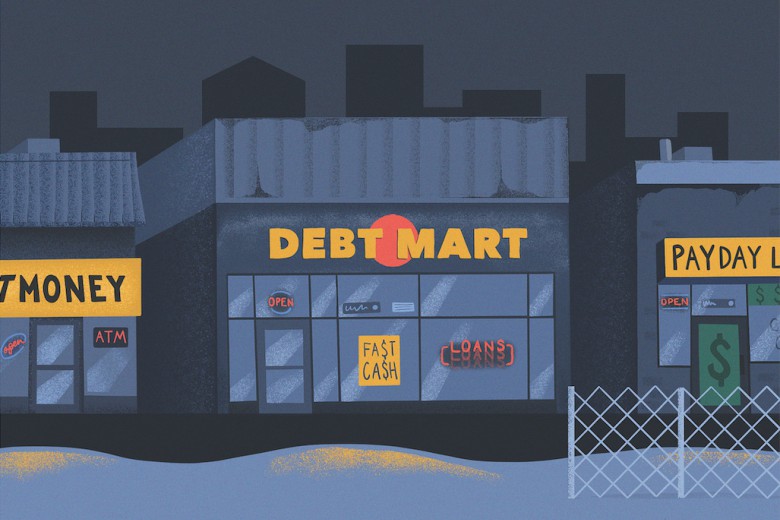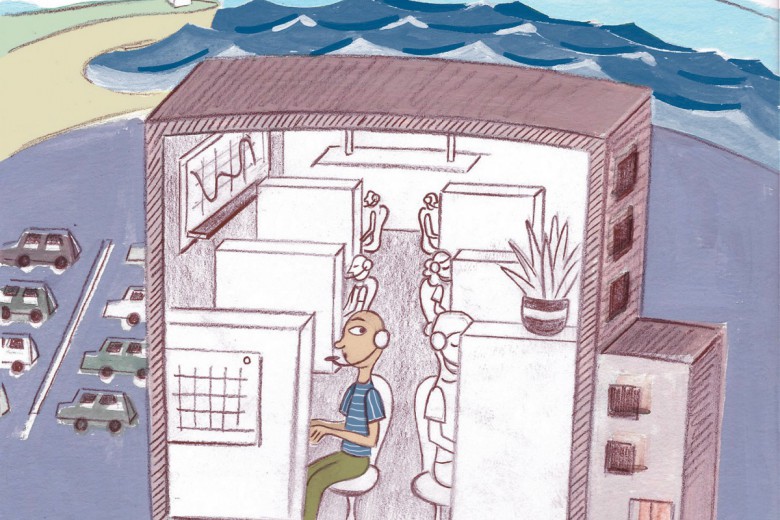
Everybody’s looking for a lifeline to pull themselves out of the global downturn. But with giant bailout packages failing to provide stability in the U.S. and grim predictions for the remainder of 2009, what are the emerging opportunities for secure and lucrative investment?
Financial experts the world over are surveying the wreckage of the global economy to devise a comprehensive investment strategy. They seek a strategy capable of turning high unemployment rates, huge pension losses, surging consumer bankruptcies and home foreclosures to their advantage.
One need look no further, though, than the human dramas playing out on the evening news. The arms trade is one industry virtually guaranteed to continue delivering higher than average returns during the global economic retrenchment.
The global trend towards increased military expenditures is evident in such recent opportunity zones as Israel/Palestine, the Democratic Republic of the Congo, South Ossetia and the ongoing skirmishes in Somalia, Afghanistan and Iraq. Military expenditures worldwide have ballooned to more than $1 trillion a year and continue to rise. With no end in sight for the nine major and 17 smaller-scale armed conflicts in the world, brisk sales of arms and military equipment can be anticipated at least through 2012.
Free-market enthusiasts will be pleased to note, however, that these growth opportunities extend beyond the state-controlled defence industries of the world’s leading military powers. They also reach into the efficiently unregulated global market in small arms.
Mexico, for instance, is an emerging market that should not go overlooked. A strong narco-state transit hub, it is also the number one importer of small arms worldwide. As a fellow signatory to the North American Free Trade Agreement, Canada is in the enviable position of being one of Mexico’s top suppliers. With gang wars breaking out over lucrative drug routes that criss-cross the entire globe, demand for small arms to facilitate these conflicts will remain strong. Canada is well positioned to capitalize on this booming industry because of its leadership role in global hot spots like Afghanistan and Haiti.
Some investors may feel uncomfortable counting on criminal enterprise to deliver the returns they have come to expect. For those “ethical” investors, there is an alternative. Privatized prisons in the United States have reliably delivered high returns, particularly during downturns in the business cycle. As unemployment, evictions and foreclosures increase, the prison population can also be expected to enjoy healthy growth. In the current “tough on crime” political climate, cost savings from the reduction of non-essential services like medical care, food and correctional guard training could increase these profits considerably.
For those seeking to invest closer to home, the recent surge in public support for tougher approaches to crime in Canada may also lead to new markets for human incarceration service delivery. More privatized prisons in more countries should result in higher dividends for the ethical shareholder.
The average shareholder, though, is perhaps more adventurous in seeking out the next lucrative bubble – for them, arms are the new real estate.
The Japanese symbol for “disaster capitalism” is composed of the symbols for “danger” and “opportunity.” Investors navigating the global financial crisis should remember that robust turnover in weapons inventory will, sadly, result in some collateral damage. The shrewd investor will seek out opportunities to turn collateral damage into collateral advantage. Construction companies, for instance, can vault over the housing slump and go directly to reconstruction contracts on territory that has been cleared of hostile occupants by warfare or natural disasters.
Similarly, local contracts can be gifted to Canada’s battered auto sector by retooling it to produce military vehicles. Other spinoff sectors sure to enjoy a collateral advantage are the energy, technology, pharmaceutical and security industries. This abundant economic activity will keep the discerning money manager sleeping soundly, investments tucked away safe.
Two-thousand-and-nine could yet be a comeback year. There is no need to worry about the future of the economy; the rules are operating just as they should.






